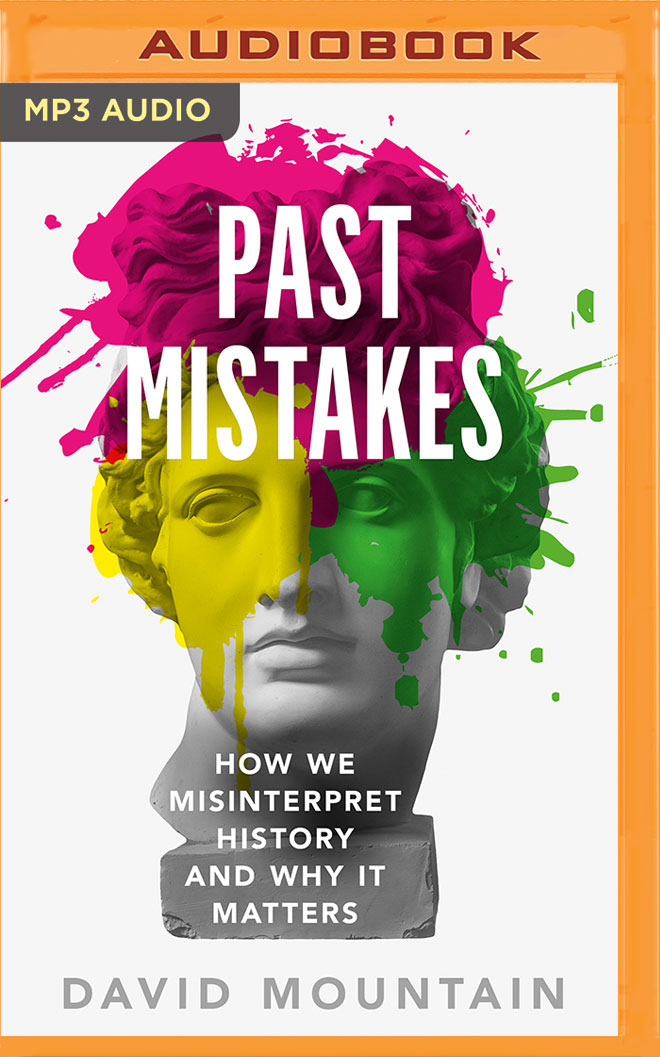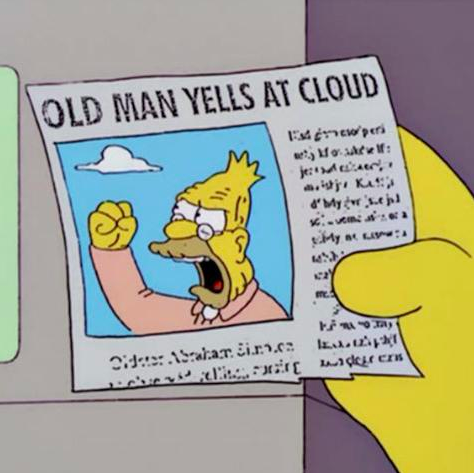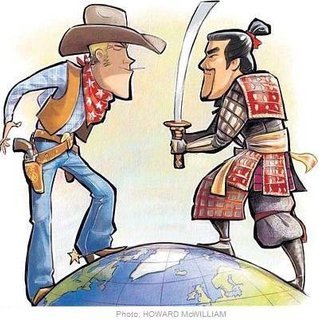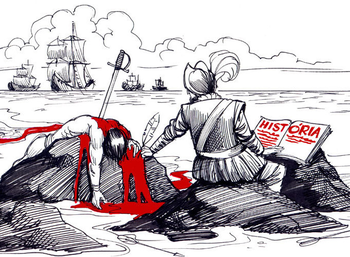What do you think?
Rate this book


Audio CD
First published November 5, 2020
[...] most nations - in the sense of a body of people united by a shared territory and cultural and historical ties - simply didn't exist 200 years ago as they do today. This put nationalist pioneers in a curious position. On the one hand, they were advocating national self-determination on account of 'natural' and 'God-given' cultural identities; on the other, they were desperately trying to instil those natural and God-given cultural identities in their compatriots. It wasn't a question of 'reawakening' natural sentiments in their compatriots, as nationalists loved (and still love) to say, but of inventing and imposing them outright.



